Central America
Brother of former honduran president arrested in $1.7 million COMIXMUL corruption case
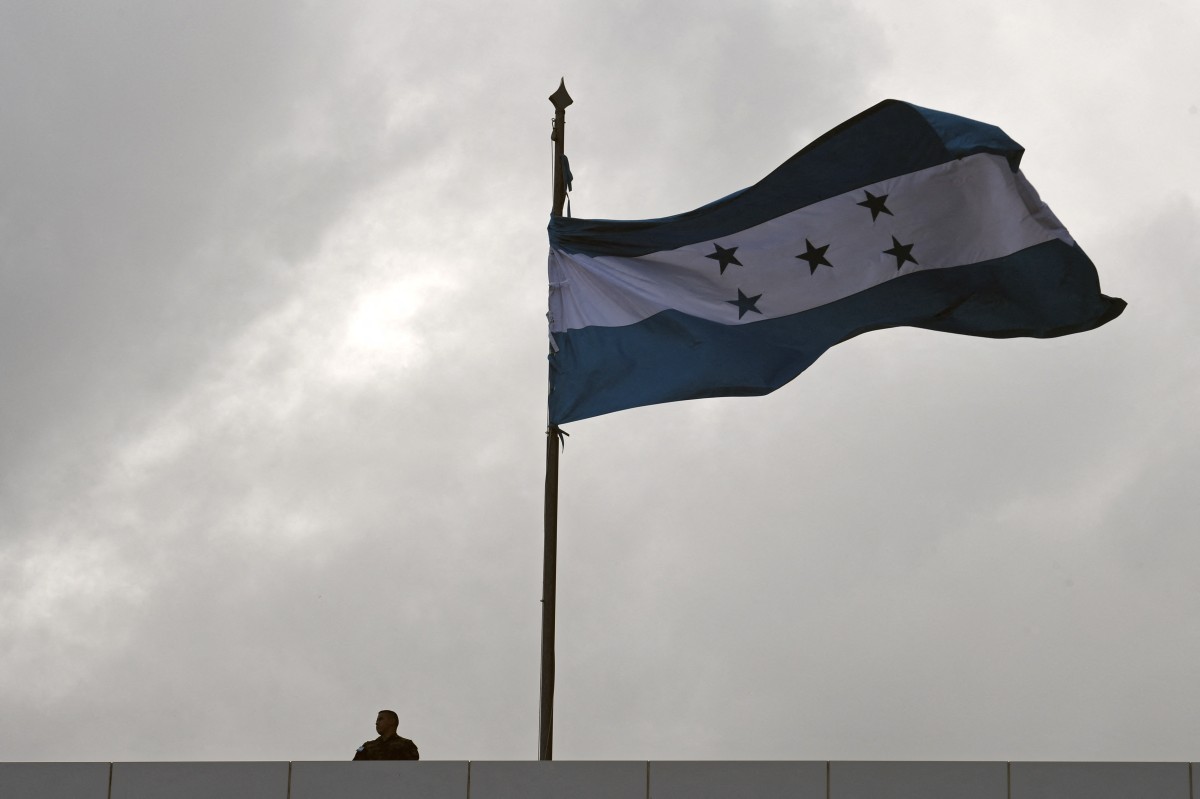
Officials from the Public Ministry (Prosecutor’s Office) of Honduras, in coordination with the Military Police of Public Order and other institutions, arrested at least nine people on Friday, including a brother of former President Juan Orlando Hernández, for alleged corruption.
According to a statement from the Prosecutor’s Office, seven raids were carried out in the departments of Francisco Morazán and Comayagua in central Honduras, targeting a network composed of executives, employees, and private law firms that allegedly misappropriated large sums of money from the Cooperativa Mixta de Mujeres Unidas Limitada (COMIXMUL) several years ago.
The Prosecutor’s Office added that sources had “presented a third line of investigation showing the misappropriation of cooperative funds through the signing of fake professional service contracts, supposedly on behalf of the cooperative, amounting to over 47 million lempiras ($1.7 million).”
The arrested include Amílcar Hernández, the brother of former President Hernández, along with eight others, out of 22 individuals implicated in the case, including executives of the cooperative. The former president is currently serving a 45-year prison sentence in the United States for drug trafficking.
According to the complaint, Amílcar Hernández, a lawyer, along with other legal professionals, provided professional services that resulted in fraudulent actions, in collusion with cooperative executives and employees.
The Prosecutor’s Office stated that it had identified a serious misappropriation of more than 37 million lempiras ($1.4 million) by private law firms, and that this irregular scheme has caused millions in losses for COMIXMUL since 2015.
Friday’s operation also included the seizure of three condominiums, two companies, and two vehicles, following charges for money laundering and aggravated continued embezzlement, among other offenses, against the twenty people linked to the case.
Previously, in March 2017, the Prosecutor’s Office arrested six former cooperative executives, who were later convicted of money laundering and financial crimes, and seized 51 properties, movable assets, and four companiesacross Tegucigalpa, Siguatepeque, Choluteca, and Valle.
Amílcar Hernández and the other detainees were presented before a judge in Tegucigalpa, with the hearing continuing on Saturday, according to a Prosecutor’s Office source.
Central America
U.S. and Panama hold joint jungle exercises to strengthen security ties
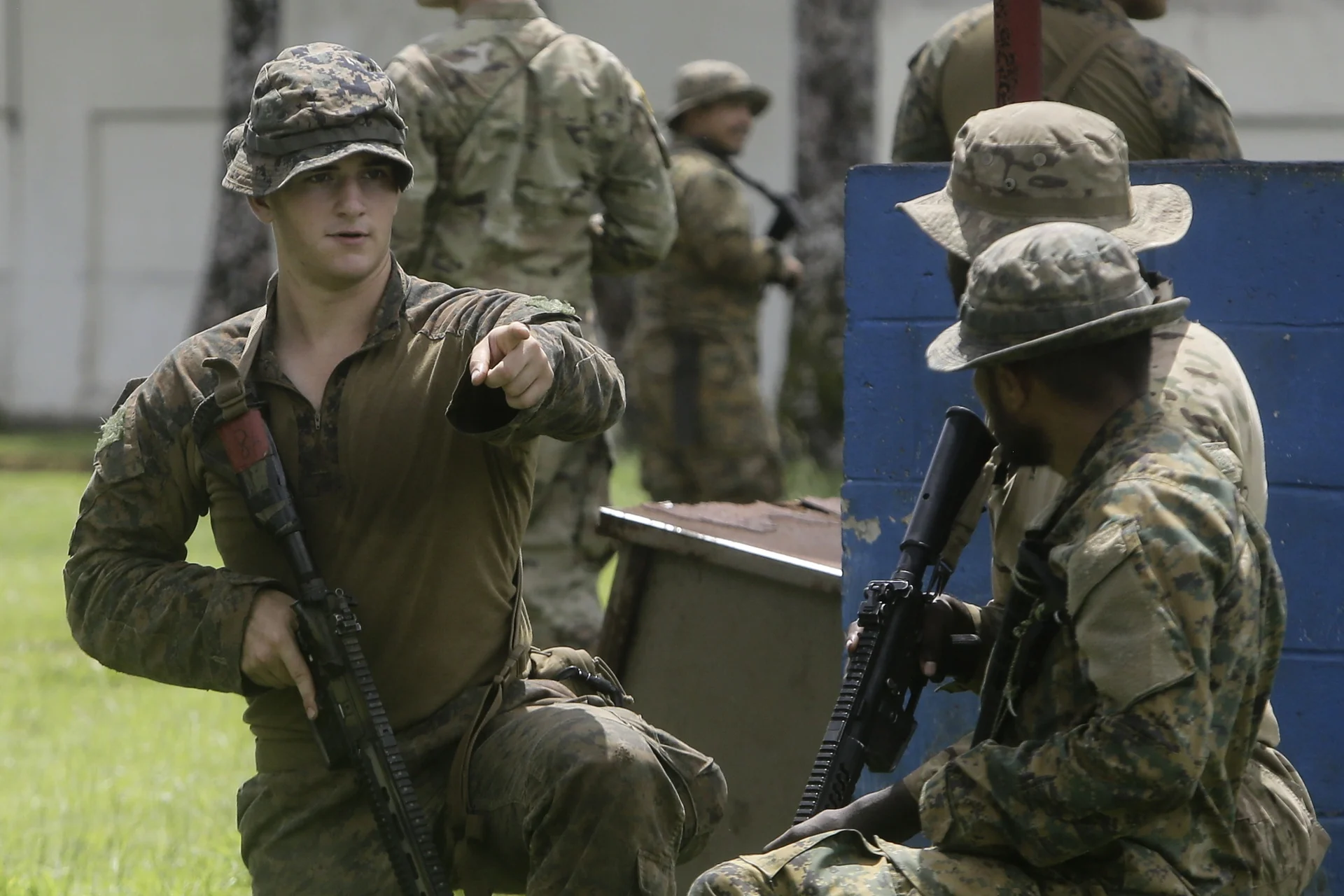
U.S. and Panamanian security forces carried out joint exercises in Panama’s jungle on Wednesday, focusing on the exchange of specialized knowledge as part of renewed bilateral cooperation in security and defense, according to official statements.
Joint operations between the two nations—Panama, which has had no standing army since 1990, and the United States—have been frequent since the 1989 U.S. invasion. The latest drills come after both countries renewed their security cooperation last April through a memorandum of understanding, which initially sparked some controversy in Panama due to provisions allowing greater temporary and rotational U.S. military presence.
The exercises also coincide with an unprecedented U.S. military deployment in the Caribbean, part of Washington’s expanded anti-narcotics campaign, which it links to Venezuelan President Nicolás Maduro’s government—currently the target of a $50 million U.S. reward offer.
“We are simply focused on creating mutual understanding and shared experiences that can be beneficial for both countries, Panama and the United States,” said U.S. Colonel Ada Cotton during a press briefing.
The U.S. contingent, composed of Marines and an Army officer, participated at the invitation of the Panamanian government, which, according to Cotton, “has clearly defined what we can and cannot do” during the training exercises.
Central America
White House targets Nicaragua over human rights and labor violations
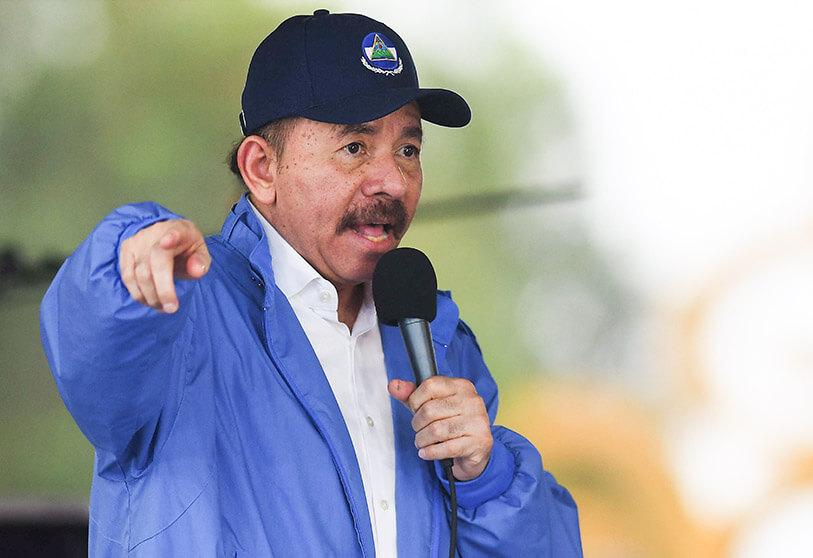
The White House is considering imposing new tariffs of up to 100% on Nicaragua or removing the country from the benefits of the CAFTA-DR free trade agreement, the Office of the United States Trade Representative (USTR) reported Monday.
The USTR determined that Nicaragua’s policies under the Ortega-Murillo regime regarding violations of labor and human rights, as well as the dismantling of the rule of law, are “unreasonable” and constitute a burden on commerce.
The resolution follows an investigation that began on December 10, 2024, when the USTR, based on recommendations from the Section 301 Committee and other advisory bodies, started reviewing the practices of Nicaragua’s government. The process included a public hearing and more than 160 comments and testimonies, including evidence of severe human rights abuses that have been forwarded to the U.S. State Department for evaluation and follow-up.
The report published Monday extensively documents how Nicaragua’s authoritarian practices — including the repression of fundamental freedoms — create a high-risk environment for U.S. businesses and investments.
Central America
Environmental groups denounce Nicaragua’s mining deals as ‘ecocide’ in protected areas

The Nicaraguan government has granted three new open-pit mining concessions to two Chinese companies, covering a total area of 21,303.15 hectares in the departments of Nueva Segovia and Boaco, according to an announcement published Friday in the Official Gazette La Gaceta.
The company Three Gold Coins Company S.A. received two permits to extract metallic and non-metallic minerals — one for the El Parquer site, covering 6,513.15 hectares in Wiwilí, Nueva Segovia, and another for the La Virgen site, covering 1,428.94 hectares in Quilalí, also in Nueva Segovia. The second firm, Little Stone Mine S.A., obtained the third concession for the El Triunfo site, spanning 13,361.06 hectares in Boaco.
These new authorizations add to nearly 30 mining concessions granted to Chinese companies over the past two years, now encompassing approximately 600,000 hectares, including areas within the Río San Juan Biosphere Reserve, according to official data.
The environmental organization Fundación del Río, led by exiled activist Amaru Ruiz, denounced the new concessions, arguing they violate the Law on Communal Property of Indigenous Peoples and Ethnic Communities. The NGO stated that the repeal of the regulation protecting natural reserves—replaced on May 6 by the new Law on Environmental Conservation and Sustainable Development Areas—has left key ecosystems without legal protection.
The group also warned about the expansion of illegal artisanal mining within the Río San Juan Reserve, claiming that these concessions effectively legalize extractive activities in protected areas.
Meanwhile, the Platform for Unity and Democracy (PUDE), a coalition of Nicaraguan opposition figures in exile, condemned the government’s massive handover of indigenous lands to Chinese companies, calling it an “ecocide.” The organization said some concessions directly threaten the Indio Maíz Biological Reserve and the Los Guatuzos Wildlife Refuge, both bordering Costa Rica.
-
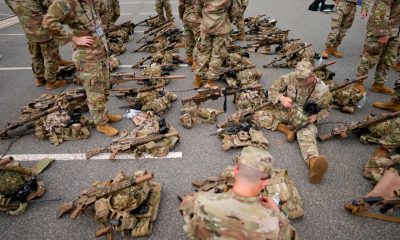
 International2 days ago
International2 days agoControversial $130 million donation to Pentagon sparks debate over troop pay
-
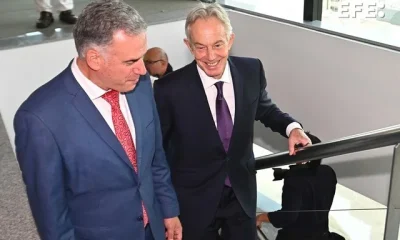
 International5 days ago
International5 days agoUruguay’s Orsi and Tony Blair discuss AI cooperation and child poverty policies
-

 International3 days ago
International3 days agoColombia ready to replace suspended U.S. support, President Petro asserts
-

 International2 days ago
International2 days agoPentagon deploys USS Gerald R. Ford after narco-boat operation kills six
-
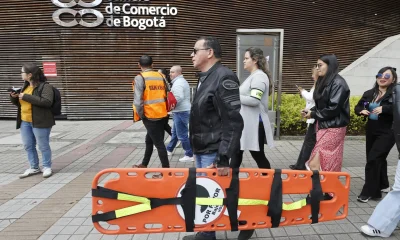
 International5 days ago
International5 days agoColombia conducts nationwide emergency drill focused on hidroituango dam
-
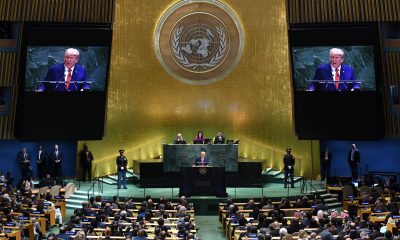
 International5 days ago
International5 days agoCuba accuses U.S. of pressuring countries ahead of UN vote on embargo
-

 International3 days ago
International3 days agoCristina Fernández calls Argentina’s legislative elections “decisive” to stop Milei
-

 International2 days ago
International2 days agoTrump to Meet Qatari Leaders During Asia Stopover to Discuss Gaza Peace
-

 International4 days ago
International4 days agoTrump announces over 3,000 arrests in major U.S. crackdown on drug cartels
-
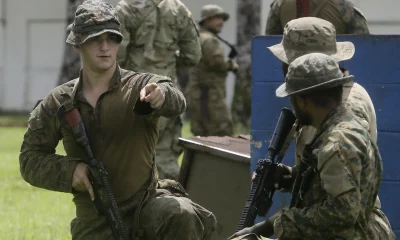
 Central America5 days ago
Central America5 days agoU.S. and Panama hold joint jungle exercises to strengthen security ties
-
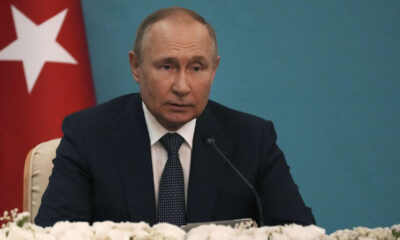
 International3 days ago
International3 days agoPutin calls U.S.-Russia summit a “mistake” without guaranteed results
-
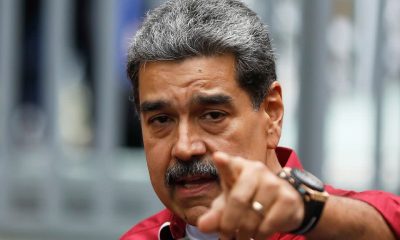
 International2 days ago
International2 days agoMaduro Requests Supreme Court to Strip Opposition Leader López of Venezuelan Citizenship
-

 International10 hours ago
International10 hours agoArgentina’s Milei secures strong victory and calls for dialogue after election surge
-

 International10 hours ago
International10 hours agoMaduro accuses U.S. of aggression over Caribbean military drills


























